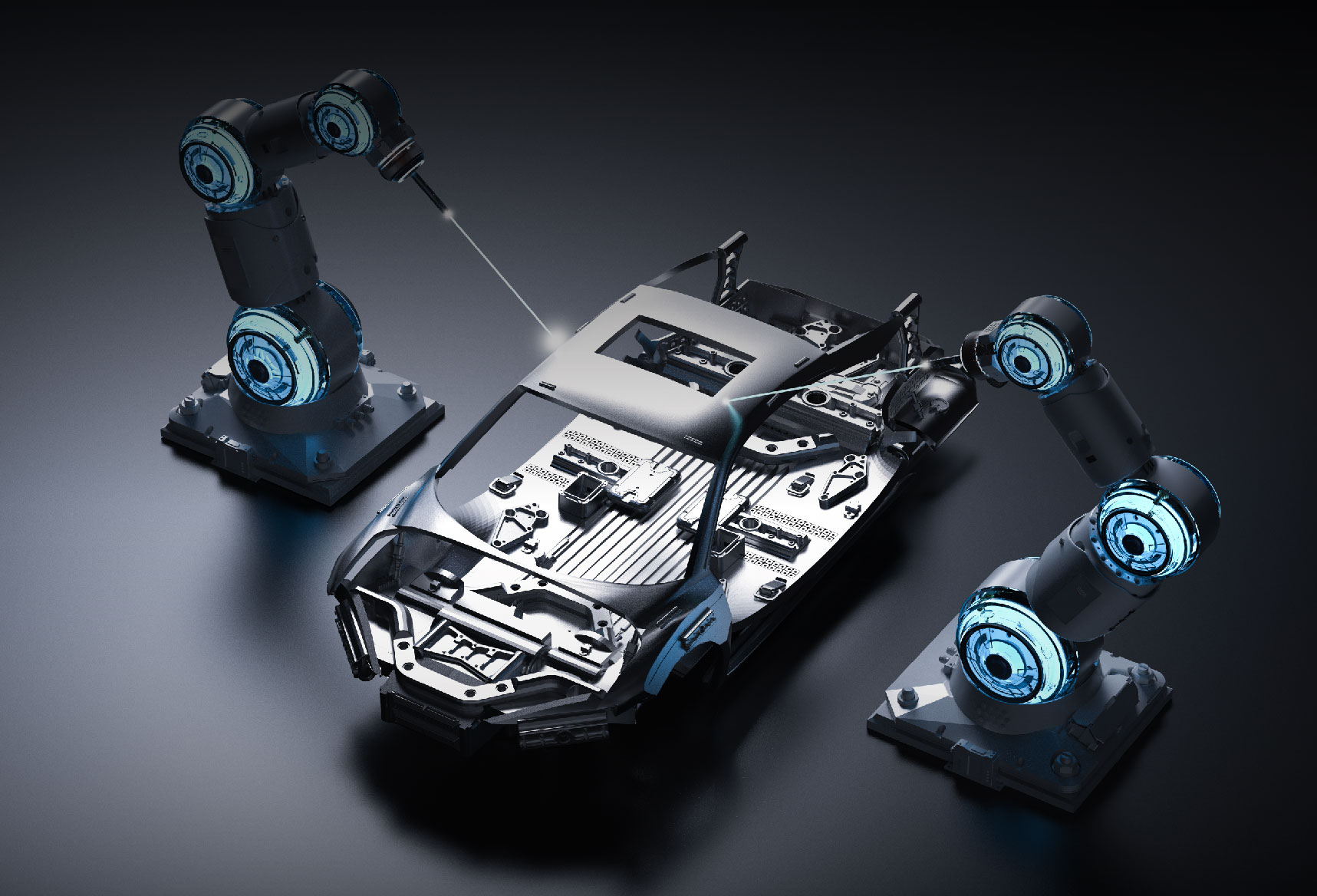Automotive Actuators Market: Driving Innovation in Mobility and Vehicle Efficiency
Automotive and Transportation | 02-Jan-2025


The automotive actuators market is experiencing significant growth, driven by advancements in vehicle technology, increasing electrification, and a growing focus on improving fuel efficiency and reducing emissions. Automotive actuators are critical components in modern vehicles, converting electrical signals into mechanical movements to control various systems such as throttle, braking, HVAC, and engine management. These devices play a vital role in enhancing vehicle performance, safety, and comfort. As the automotive industry shifts towards electric and autonomous vehicles, the demand for high-performance, reliable actuators is surging, making them indispensable in the evolution of mobility solutions.
With the rising adoption of electric vehicles (EVs) and hybrid electric vehicles (HEVs), the automotive actuators market has gained momentum. EVs and HEVs rely heavily on actuators for precise control of electric motors, energy recovery systems, and thermal management. Moreover, the increasing integration of advanced driver assistance systems (ADAS) and autonomous driving technologies has expanded the scope of actuators, which now support functions such as adaptive cruise control, automatic parking, and lane-keeping assistance. These trends highlight the growing importance of actuators in enabling smarter, safer, and more sustainable vehicles.
Technological advancements are playing a key role in reshaping the automotive actuators market. Innovations in materials and manufacturing processes have led to the development of lightweight, compact, and energy-efficient actuators, aligning with the automotive industry’s push for sustainability and fuel economy. The integration of smart sensors and advanced control systems has further enhanced the functionality of actuators, enabling real-time feedback and improved precision. Additionally, the adoption of mechatronics—a combination of mechanical, electronic, and computer technologies—has paved the way for next-generation actuators capable of supporting complex vehicle functions.
BorgWarner, a leading global supplier of innovative automotive solutions, has made significant advancements in actuator technology, particularly in the context of electrification and thermal management. The company’s portfolio includes a wide range of actuators designed for EVs and HEVs, supporting critical systems such as battery cooling, energy recovery, and drive control. BorgWarner has developed electric turbo actuators that enhance the performance and efficiency of internal combustion engines while reducing emissions. These actuators are designed to optimize air-fuel mixtures and improve engine response, making them a key component in achieving stricter emissions standards.
One of BorgWarner’s recent developments is its actuator technology for integrated drive modules (iDMs), which are used in EV powertrains. These actuators provide precise control over electric motor operations, ensuring seamless torque delivery and enhanced driving dynamics. The company has also focused on thermal management solutions, with actuators that regulate the temperature of battery packs and electronic components in EVs, thereby improving their performance and longevity. BorgWarner’s strategic acquisitions and collaborations have further strengthened its position in the actuators market, allowing it to expand its product offerings and cater to a broader range of vehicle platforms.
Bosch, another major player in the automotive industry, has been at the forefront of actuator innovation, particularly in the areas of ADAS and electrification. The company has developed a comprehensive range of actuators that support advanced vehicle functions, including automated driving and energy-efficient systems. Bosch’s actuators are known for their precision, reliability, and adaptability, making them ideal for integration into modern vehicles. The company’s focus on electrification is evident in its actuators for EV powertrains, which ensure optimal performance and energy efficiency.
Recently, Bosch introduced a new generation of electric actuators designed to enhance the performance of braking and steering systems in EVs and autonomous vehicles. These actuators provide faster response times and greater control, ensuring superior safety and driving comfort. Bosch has also made strides in actuator technology for fuel cell vehicles, with components that optimize hydrogen flow and pressure, contributing to the development of sustainable mobility solutions. Furthermore, the company has integrated advanced sensor technology into its actuators, enabling real-time monitoring and diagnostics, which are crucial for the reliability and efficiency of autonomous driving systems.
The automotive actuators market is poised for robust growth as automakers increasingly adopt electrification and automation technologies. The growing focus on sustainability, coupled with stringent regulatory standards for emissions and fuel efficiency, is driving innovation in actuator design and functionality. The rise of smart mobility solutions and connected vehicles is further expanding the scope of actuators, as these systems play a critical role in enabling communication and coordination between various vehicle components.
Looking ahead, the automotive actuators market is expected to benefit from several emerging trends. The integration of artificial intelligence (AI) and machine learning (ML) into actuator systems is set to enhance their adaptability and predictive capabilities, enabling vehicles to respond more effectively to dynamic driving conditions. Advances in materials science, such as the use of lightweight composites and high-performance alloys, will contribute to the development of more durable and efficient actuators. Additionally, the growing emphasis on modular and scalable designs will allow manufacturers to cater to a diverse range of vehicle architectures, from compact cars to heavy-duty trucks.
In conclusion, the automotive actuators market is playing a pivotal role in transforming the mobility landscape, enabling the development of smarter, safer, and more sustainable vehicles. Companies like BorgWarner and Bosch are driving this transformation through continuous innovation and strategic investments in advanced actuator technologies. As the automotive industry evolves, actuators will remain a cornerstone of vehicle functionality, supporting the transition to electrification and autonomous driving. With ongoing advancements in technology and increasing adoption across vehicle segments, the automotive actuators market is set to achieve significant growth, shaping the future of mobility and redefining the automotive experience.




